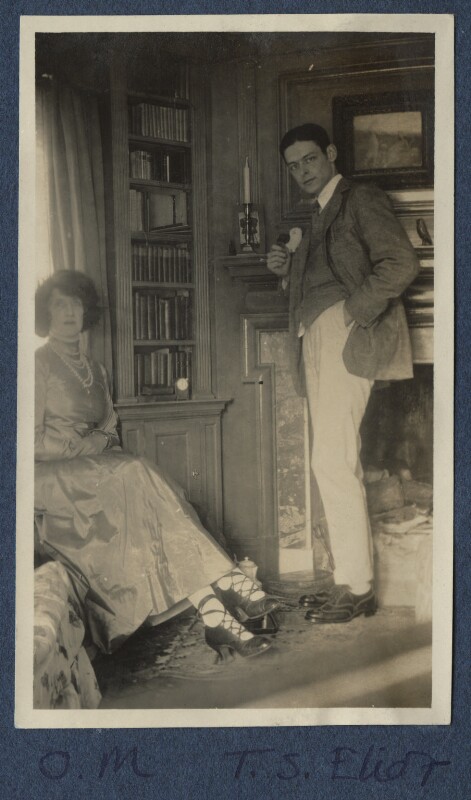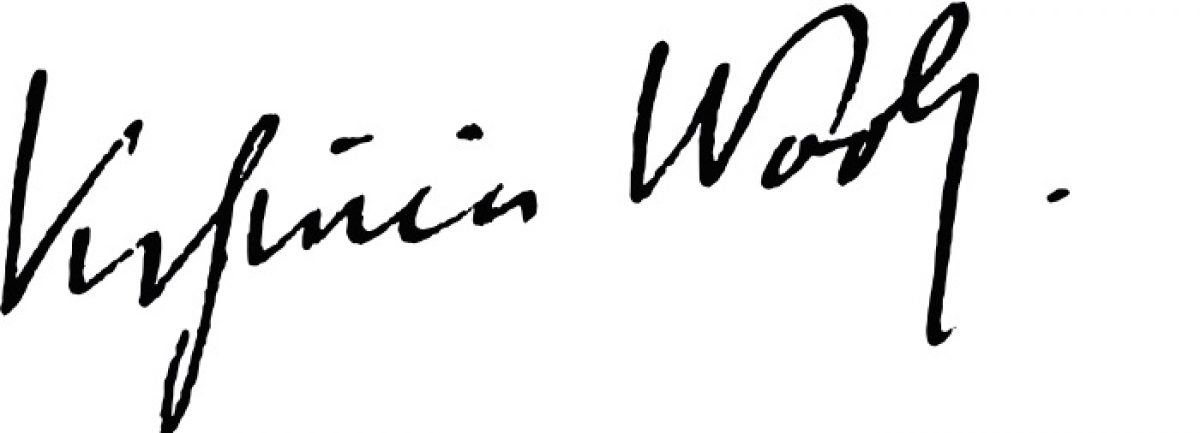The editor tells us that the Diary VI is then continued at the back of an exercise book which Woolf had begun to use in January 1918 for notes on books she was reading or reviewing.
DIARY Vi: 16 NOVEMBER 1918-24 January 1919
Hogarth House, Paradise Road, Richmond.
Friday 15 November: A footnote explains [p.217] that Virginia dated this as Friday November 16th 1918, so presumably the assumption is she got the date wrong, though it could have been the day I suppose. But anyway she begins by explaining her recycling of the book she uses here – “I’ve no money…besides by waiting…” [p.217] – placing book buying there amongst her pleasures; and to be heightened by temporary denial. She actually says “scale of my pleasures”; which could just be a turn of phrase, but I note the Homeric language of the nearest and dearest ordered in terms of affection. We are informed of the General Election announcement made (footnote: on the 14th Nov, Parliament to be dissolved on the 25th and GE on 14th December [p.218]), a conversation with Desmond MacCarthy that I don’t quite get (I’ll come back to it!) except that from the footnote [p.218] the literary editorship of the New Statesman awaits him.
Importantly, here, in the midst of writing this entry (so she says) she is interrupted by the expected Mr. Eliot …
…a polished, cultivated, elaborate young American, [slow talking]…beneath the surface […] very intellectual, intolerant, with strong views of his own, & a poetic creed […] Ezra Pound & Wyndham Lewis as […] “very interesting writer”…admires Mr Joyce immensely…3 or 4 poems for use to look at…two years [work] since he works all day in a Bank…I became…conscious of a very intricate & highly organised framework of poetic belief…I think he believes in “living phrases” & their difference from dead ones…making this new poetry flower on the stem of the oldest.
Vol. 1 pp.218-219

The above shot taken with (and perhaps by) Ottoline may very well portrait the young Eliot that Woolf met on that day. Interesting is also Woolf’s addition, placed at the end of the 15 November entry but from the point of view of the next – 21 November, that offers support for her first impressions.
-I may add what Desmond has just (Thursday 21st Nov.) told me [that he asked Eliot how] he came to add […] at the end of a poem on his Aunt & the Boston Evening Transcript that phrase about an infinitely long street, & “I like La Rochefoucauld saying goodbye” (or words to that effect). Eliot replied that they were a recollection of Dante’s Purgatorio!
Vol. 1 p.219
The footnote to this page provides the said verse (from Prufrock and other Observations, 1917 Faber, London, Harcourt Brace Jovanovich, New York) in question, and here it is at Poetry Foundation as a facsimile from the October, 1915 issue of Poetry Magazine. While Rochefoucauld is beyond me I’m afraid, in the past I have been known to wander blindly through Dante’s worlds, and I can certainly “hear” in the rhythm of Eliot’s verse echoes of the ‘divine’. For example:
When evening quickens faintly in the street, Wakening the appetites of life in some ... I mount the steps and ring the bell, turning Wearily, as one would turn to nod good-bye to Rochefoucauld - from Three Poems by T.S. Eliot - Poetry Magazine (October 1915)
Saturday 30 November: Bemoaning her slackness through the last weeks, Virginia tells of a night at the ballet (Diaghilev Ballet at the London Coliseum on the 28th November, footnote [p.222]); performers that night included Lydia Lopokova – little did she know I suppose that Lopokova would soon enter her intimate circle through her relationship with Maynard Keynes. She states also that she is making weekly visits to Katherine Mansfield in Hampstead; somewhat contraire to her frequent grumblings and indicative of her curiosity about, and perhaps sympathy for, one she had begrudgingly begun to acknowledge as a literary equal.
December is busy with reading and writing book reviews; all good reasons not to return to Night & Day, visiting (KM & Murry, both of whom she suddenly “likes”!) and being visited upon; a weekend with Roger Fry and talk of trouble at the Omega – his dispute with Vanessa and Duncan about them accepting independent commissions. The last entry for this momentous year is on Tuesday 17 December informing of what is to be done before leaving for Asheham on Friday, the delight of them having a week alone without servants, her commitment to proofing her novel and Leonard’s to completing his book on economics and imperialism in Africa [p.229]. She ends reporting on the mild weather, continued Bolshevik insurgencies and an overly optimistic outlook for Labour in the election (the Liberal-Conservative coalition won an overwhelming majority [footnote p.229]).
Some days are to be explained before turning to the new book. Anne Olivier Bell notes that Virginia Woolf did indeed go to Asheham on Friday 20 December and Leonard the next day, Julian and Quentin Bell joined the Woolfs on the 23 December due to Vanessa’s confinement as had been arranged, Maynard Keynes and Duncan Grant came to tea on Christmas Day and Vanessa gave birth in fact on that same day. The Bell boys returned to Richmond with the Woolfs on 1 January 1919, and on the same day Virginia suffered from tooth ache, followed by an extraction the next day and bleeding and headaches. The boys joined their father at Gordon Square on 9 January. Virginia was bedridden until 16 January.
